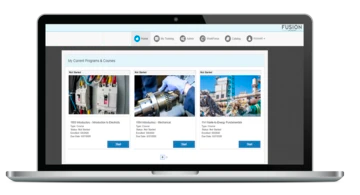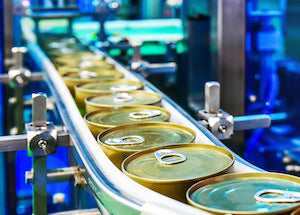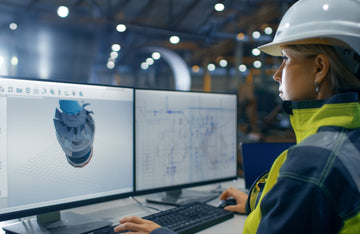Is your commercial building prepared for a full-scale power outage? If your answer is no, you’re not alone. The majority of commercial buildings are missing backup generators, and even those that do would produce insufficient power if called upon.
Power outages are becoming an increasing concern for US businesses. Power outages caused by severe weather have doubled since 2003. Other risks, such as terrorism or hacking, are possible, although such attacks pale next to the damage caused by rodents chewing through power lines.
With today’s connected and overtaxed electrical grids, even a small problem can create widespread catastrophic results. Take for instance the 2003 northeast blackout, where tree branches brushing against power lines caused a two-day blackout affecting 50 million people.
Investing in a stand-by generator capable of handling your energy needs during an extended blackout has a number of benefits:
-
Keep the Lights on and the HVAC Running
Building occupants will appreciate your ability to keep power on, whether for commercial or rental properties. In the aftermath of a severe storm or disaster, a comfortable environment is really appreciated.
-
Maintain Service
Keeping the doors open and satisfying the needs of clients and customers during blackouts builds you a reputation for reliability—and keeps your revenue flowing while competitors are forced to shut down.
-
Power Computers, Servers, and More
A power outage can damage electronic equipment, resulting in the loss of valuable data. Stand-by generators keep your computers and communication systems online.
For businesses with perishable stock, a back-up generator can mean the difference between preserving and losing an entire inventory. For food-related businesses this is extremely important, especially if your customers need you open and operating when the blackout ends.
-
Security Issues
An extended blackout can encourage break-ins and even looting. Emergency power keeps your security system functioning at a time when you need protection the most.
To effectively plan for a blackout, you’ll need to determine how much power and fuel your need, how long you can reasonably expect the power outage to last, and where to position your generators. Consulting with a professional electrician is recommended, as is working with a certified professional to connect your generators to your electrical system.






Comments
Sorry, no comments found for this article